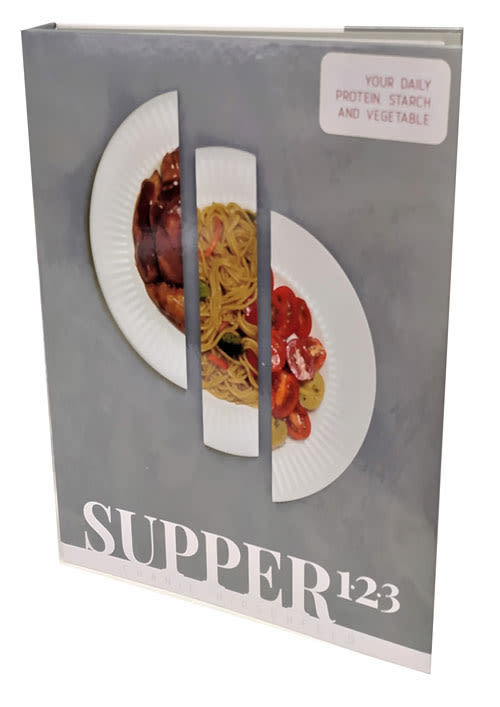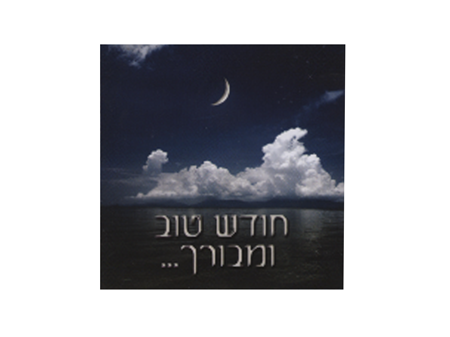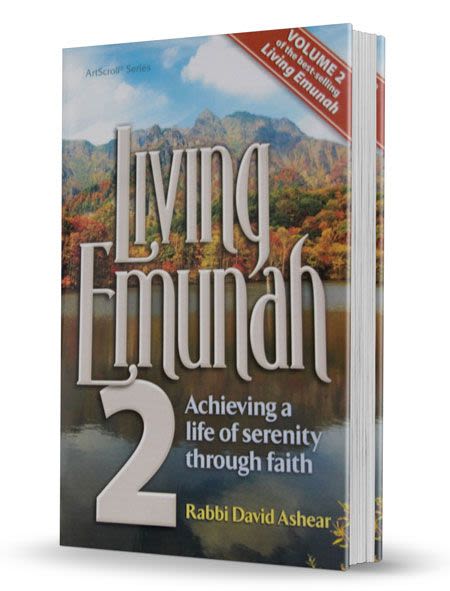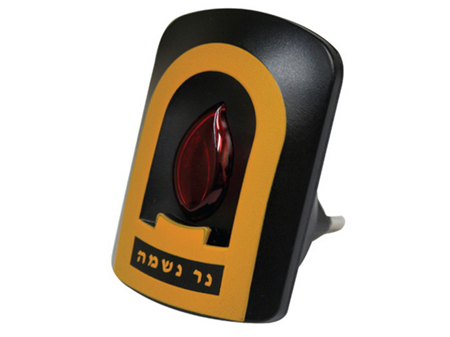
A Just Exchange
As he read through the various entries listed in the notebook, tears began to well up in his eyes - for in this notebook he had recorded...

As he read through the various entries listed in the notebook, tears began to well up in his eyes – for in this notebook he had recorded all his transgressions from the previous year.
Rabbi Elimelech of Lizhensk (1717- 1786) was one of the great masters of the Chassidic movement, and so it was no surprise that many would flock to his town to observe how the master performed the mitzvot.
A few days before Yom Kippur, a certain wealthy chassid came to Lizhensk for just that purpose. It is customary during this time to perform the symbolic ceremony of “kapparot” (atonement). In this ceremony, a person takes a live rooster or hen and then swings the bird three times above his or her head, while saying the words: “This is my exchange, this is my substitute, this is my expiation.”
(Today most people wrap money in a handkerchief and swing the handkerchief over their heads. The money is then immediately donated to charity.)
The wealthy chassid had come to Lizhensk many times for Yom Kippur, but he had never seen his rebbe perform this ceremony. This year, he was resolved to finally see how kapparot was done by a master. Much to his surprise, however, Reb Elimelech refused his request.
“There’s nothing so special about the way I do kapparot,” Reb Elimelech told his chassid. “But if you want to see a really fine way to perform this mitzvah, go to a certain chassid of mine named Reb Moshe who lives in the next village.”
Although the hour was already late, the chassid did not tarry. Within minutes, he had his horses harnessed to his carriage and he was on his way. It was already almost midnight when he approached the home of the man called Reb Moshe.
When the chassid stepped inside, he was appalled at what he saw. Reb Moshe earned his living by running a small tavern in the front room of his house. This tavern was frequented by the local gentiles – who now sat sprawled across the room in various stages of drunkenness as they puffed away at their smoke-spewing pipes.
The chassid’s first thought, as he gazed about the room, was to leave the premises immediately and return to Lizhensk – for what sparks of holiness could possibly be found in this sorry place? But then he spied Reb Moshe coming towards him, and he remembered why he had come.
“I would like a room for the night,” the chassid said to Reb Moshe.
“There’s a comfortable inn another ten miles down the road,” the tavern keeper replied. “You’ll do much better there, than here.”
“But it’s late,” the chassid insisted.
“But I have no spare room to give you,” the tavern keeper replied with equal persistence.
“So I’ll sleep…” The chassid glanced about the smoke-filled room and then pointed to a corner near the stove, “…here.”
“Do as you wish,” the tavern keeper said wearily, for it had been a long day and he still had much work to do.
At the stroke of midnight, the tavern keeper began to ask his customers to leave. With some, a tap on the shoulder was enough to rouse them from their inebriated reverie and send them on their way home. Others, however, needed a firm hand to stand them on their feet and direct them out the door. But finally the tavern was empty.
With a sigh of relief, Reb Moshe flung the windows open wide and breathed in deeply the fresh night air. Then he straightened up the tables and chairs and gave the floor a good scrubbing.
When he was satisfied that all was in order, he called out to his wife: “Yente-Beile, please bring me the notebook that is sitting on top of the bureau.”
His wife brought him the requested notebook, and then Reb Moshe sat down at one of the tables and began to read from the pages in a low undertone. By now he had forgotten all about the chassid, who sat quietly in the corner.
As he read through the various entries listed in the notebook, tears began to well up in his eyes – for in this notebook he had recorded all his transgressions from the previous year.
“Seventh of Cheshvan,” Reb Moshe whispered, “said the Shema after the prescribed time. Twentieth of Cheshvan, spoke harshly to the serving girl.”
By the time he had read the last entry on the last page, he was sobbing from the depths of his heart.
“Ribbono Shel Olam! Master of the Universe!” he called out, “didn’t I promise You last Yom Kippur that I would mend my ways and be a good and pious Jew? Now see what’s become of me – it’s all written plain as day in this book! I’m so full of sins, how can I possibly stand before You this year?”
Reb Moshe sobbed some more, and then he carefully placed the little notebook to one side.
‘”Yente-Beile, my sweet wife,” he called out to his wife a second time. “Please now bring me the second notebook, the one that’s on top of the other bureau.”
From this notebook, too, he read from quietly, one entry after another.
“Tenth of Tevet, three days worth of firewood stolen by thieves,” Reb Moshe said calmly. “Twenty-third of Adar, two ribs broken by a drunken peasant. Second of Iyar, my little girl Leah passed away.”
When he had finished recounting all the sorrows that had befallen him during the previous year, Reb Moshe called out to G-d once more.
“Ribbono Shel Olam,” he cried, “last Yom Kippur didn’t I clearly ask You to give me a year of blessing and life and peace? Didn’t I trust You, and believe that You would listen to my prayers? And now, look at the year that You gave me. It’s all written here in this notebook, plain as day.”
Reb Moshe wept some more and then he carefully place the second notebook on top of the first.
“But what can I do?” he said with a sigh. ‘”This is the eve of Yom Kippur, and all Jews are commanded to forgive one another before the holy day begins. So, Ribbono Shel Olam, let’s You and me also put aside our accusations against each other and say we’re even. I’ll forgive You – and You’ll forgive me. Okay?”
With that, Reb Moshe took a heavy piece of cord and tied the two notebooks together. He swung the little bundle over his head three times and said, with great enthusiasm, “This is my exchange, this is my substitute, this is my expiation.”
And then he tossed the bundle out the window.
The chassid, who had been sitting in the corner all this time, now stood up and went over to Reb Moshe. With great gratitude, he warmly thanked the tavern keeper for showing him the way a master performs kapparot.
***
Libi Astaire is the author of Choose Light! Chassidic Tales for Chanukah, Rosh Hashanah, Sukkos, Passover & Shavuos; Breakfast with Rav Zusha and Other Stories to Wake Up Your Soul; and the award-winning Jewish Regency Mystery Series. Visit her website for more information about these and other books.











Tell us what you think!
Thank you for your comment!
It will be published after approval by the Editor.